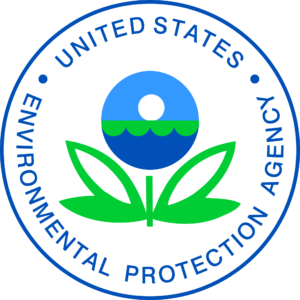ASDWA, AWWA, and AMWA Provide Support for EPA’s TSCA Actions for 1,4-Dioxane
 ASDWA, the American Water Works Association, and the Association of Metropolitan Water Agencies submitted joint comments to EPA on September 8 in response to two Agency actions to address 1,4-dioxane under the Toxic Substances Control Act (TSCA).
ASDWA, the American Water Works Association, and the Association of Metropolitan Water Agencies submitted joint comments to EPA on September 8 in response to two Agency actions to address 1,4-dioxane under the Toxic Substances Control Act (TSCA).
The first action, EPA’s 2023 Draft Revised Risk Determination for 1,4-Dioxane, determined that the chemical presents an unreasonable risk of injury to health under the conditions of use. This differs from the original 2020 risk determination in that it “proposes to include risks to fenceline communities and the general population from consuming drinking water sourced from surface water contaminated with 1,4-dioxane.” The Agency initially excluded these considerations, arguing that the risks are managed by the Safe Drinking Water Act (SDWA). ASDWA’s 2020 comments pushed back on this assumption asserting that since there is currently no drinking water regulation for 1,4-dioxane, SDWA does not adequately assess and effectively manage drinking water exposures.
Second, EPA requested comment on the analysis presented in the new “Draft Supplement to the Risk Evaluation for 1,4-Dioxane.” The draft supplement assesses previously excluded air and water exposure pathways and exposure to 1,4-dioxane generated as a byproduct. Additionally, the draft supplemental analysis provides higher cancer risk estimates for exposures, including those associated with drinking water sourced downstream of release sites.
The comments from the three associations were generally supportive of the two actions, in particular, the Agency’s decision to consider 1,4-dioxane releases to surface water and groundwater as “a route of exposure subject to the TSCA risk evaluation and subsequent risk management actions.” The associations assert that EPA has a responsibility under TSCA to consider chemical contamination of drinking water supplies in order to protect the environment and the public from unreasonable risks from the use of chemicals in manufacturing and commerce.

